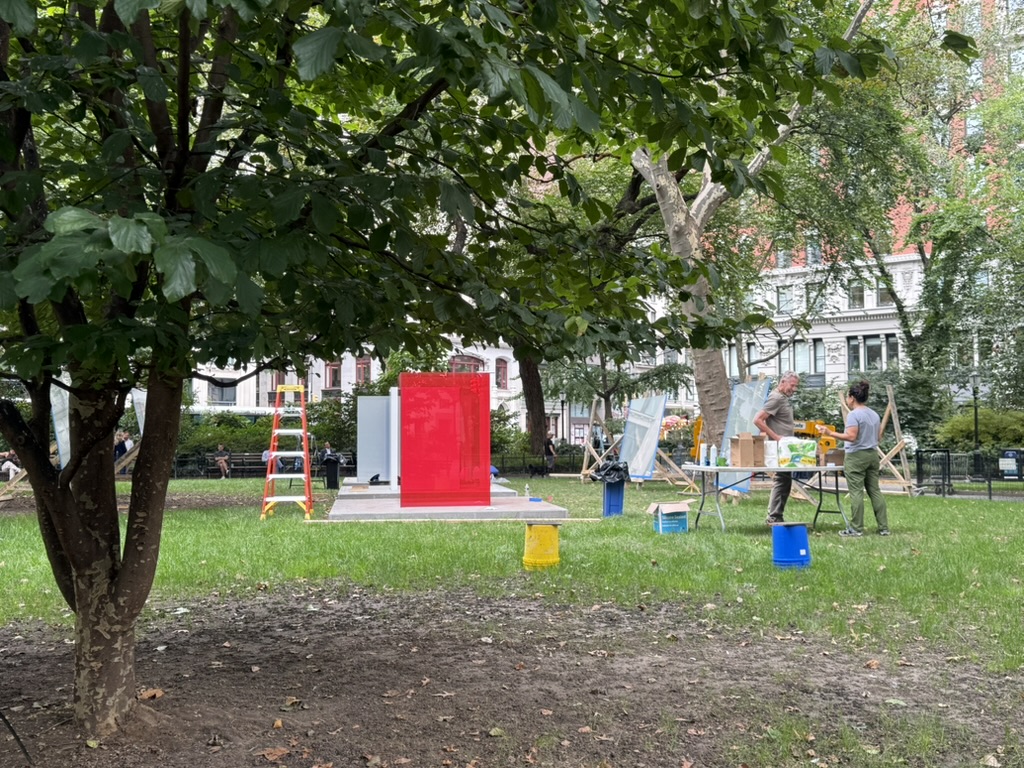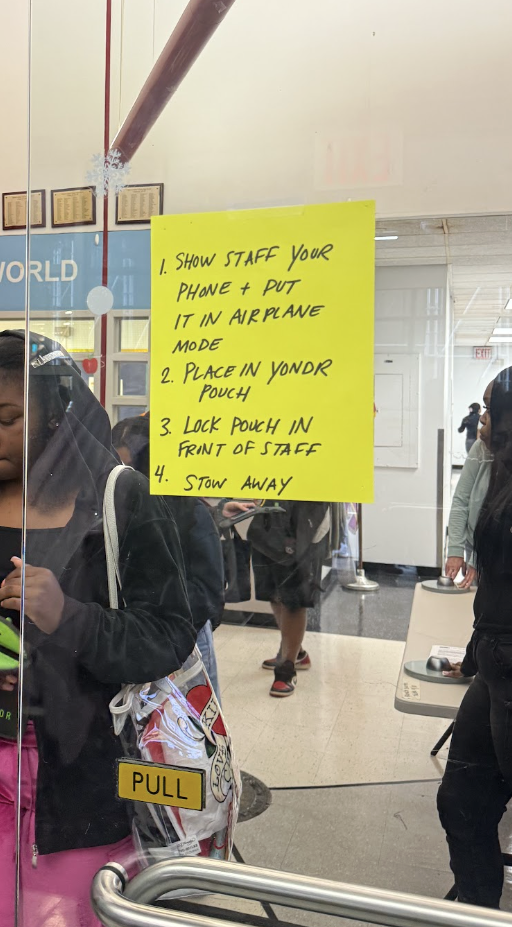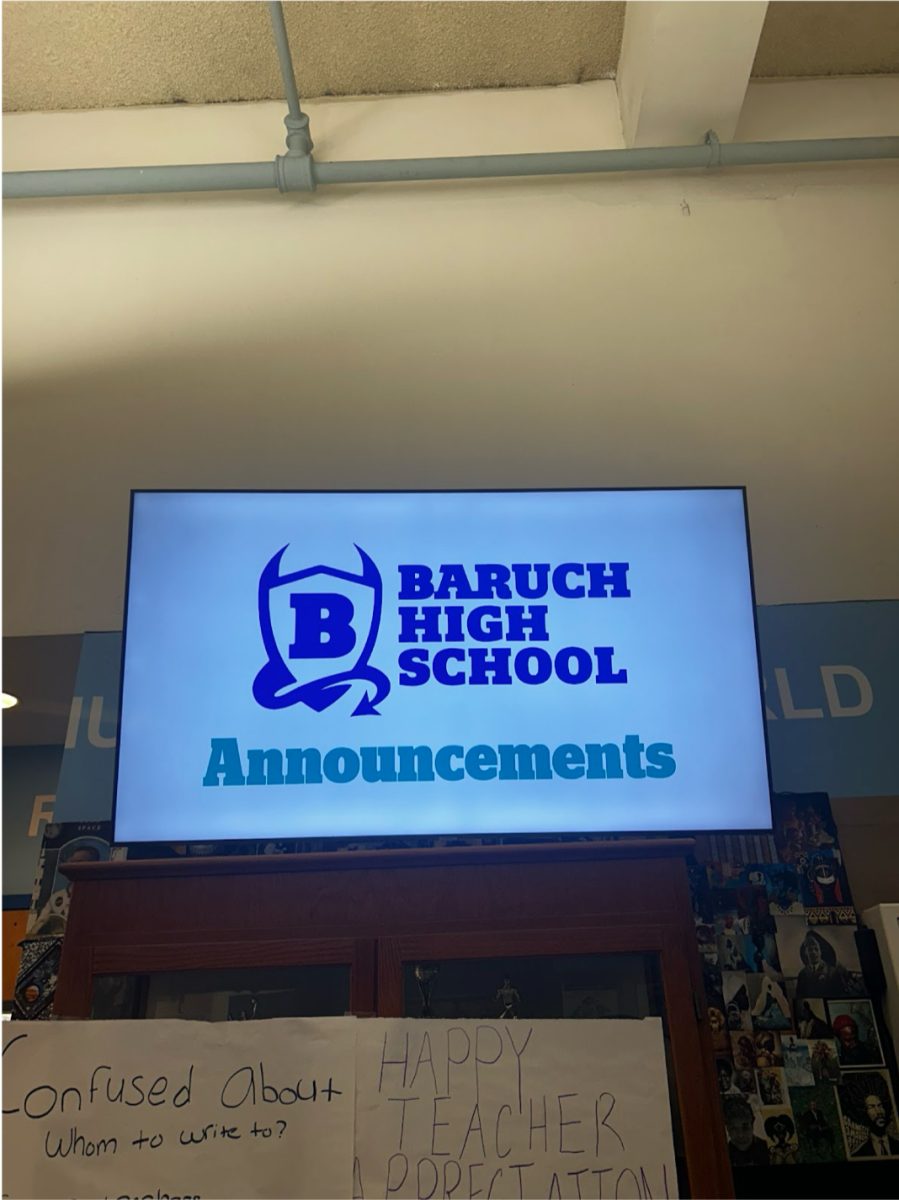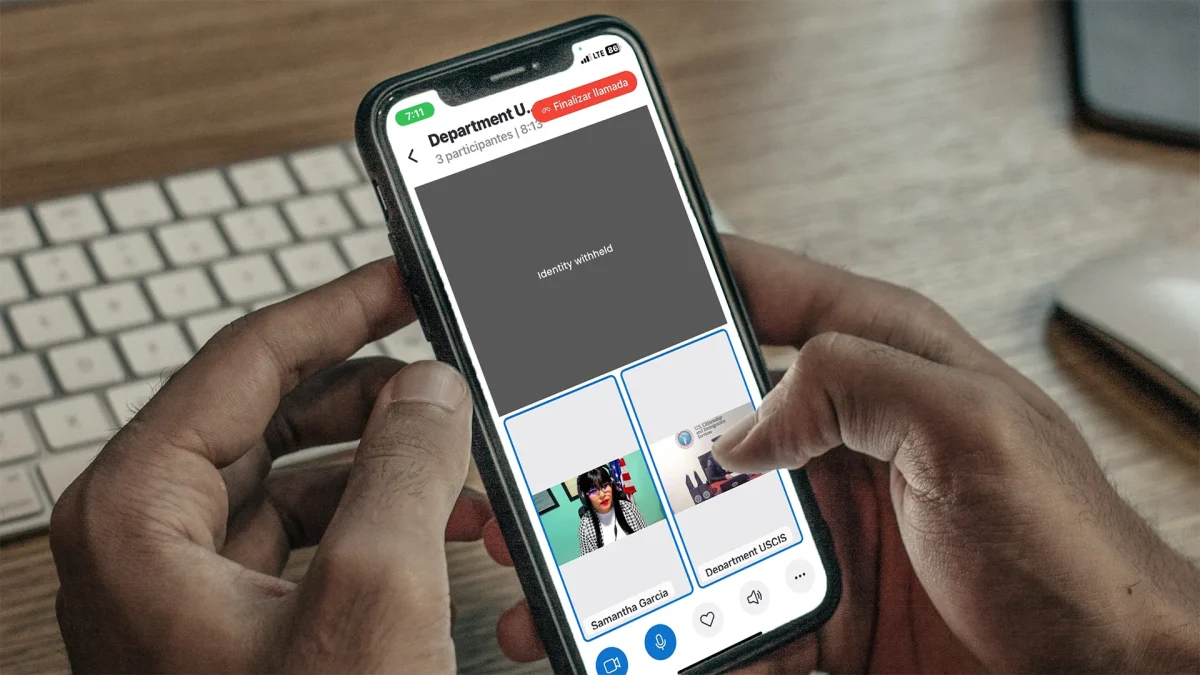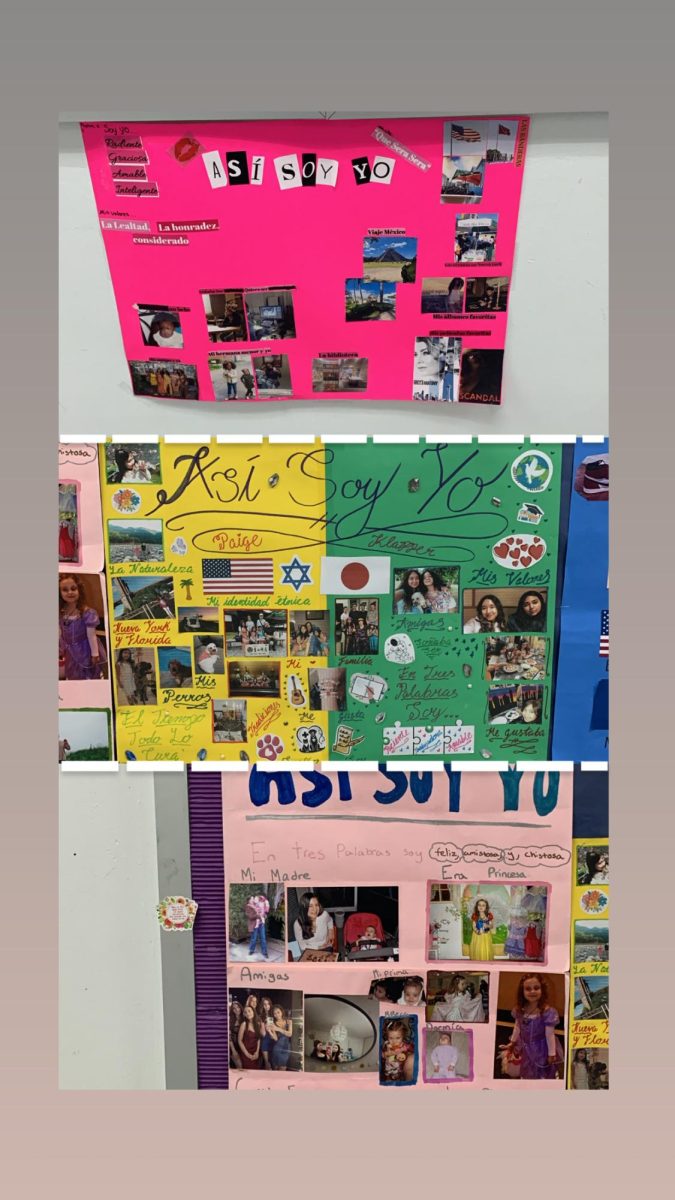On Monday, Feb. 3, juniors gathered at the gym during their electives to meet with the college office staff and discuss their rising senior status.
The discussion was led by college counselor Bonnie Phillips, and guidance counselors Nicole Epstein and Julie Ougheltree.
Beginning with college counselor, Phillips, walked students through what the college prep process looks like.
Phillips emphasized the importance of individual college office meetings, where students will sit down with a counselor and a family member to establish expectations. “Each of you will be having what is known as a college office meeting, where we meet with you and a family member,” she said.
These meetings are a crucial part of the college application process, helping students craft a balanced list of schools—including safety, target and reach options.
Phillips explained that since kids would set expectations with their families, this is a crucial step in the college application process. By applying to a variety of safety, target and reach universities, these meetings will assist students in creating a well-rounded college list.
The college office is an invaluable, and incredibly accessible resource during the application process, acting as a central location for deadlines, information and help.
Counselors are ready to address concerns and bring structure to what can honestly feel like an overwhelming burden, so students are greatly encouraged to make the most of the help provided. Phillips said to students, “we are here to help you through that.”
One of the event’s key takeaways was the importance of meeting deadlines. Unlike lenient high school deadlines, college applications have firm, non-negotiable cutoffs. “This is a deadline-driven process,” Phillips said.
Whether applying early action or regular decisions, students must be proactive and aware of key dates. The college office will communicate these deadlines via emails and newsletters, and students are expected to carry their own and stay informed.
Students are encouraged to explore both the SAT and ACT before choosing which test to focus on. While many schools remain test-optional, strong scores can enhance an application. “You should only prepare for one of them just to make your life easier,” said Epstein. Free mock exams and test preparation resources are available to help students perform their best.
Later, the new platform replacing Naviance, MaiaLearning, will be the primary tool for college planning. It allows students to research schools, request recommendations and track application materials, ensuring a streamlined and organized process. Guidance Counselor Julie Ougheltree said, “If you don’t put it in Maia, we can’t see it.”
Getting accepted into college is only one part of the journey—paying for it is another. The discussion highlighted the importance of thinking of financial aid, FAFSA applications and scholarship opportunities. Workshops will be available to guide students and families through this vital aspect of the application process. “We know college is expensive,” said Ougheltree. “We do really support you with this piece.”
The College Kickoff emphasized that students must take ownership of their applications. While counselors, teachers and parents provide support, the responsibility ultimately falls on the students.
“You are at the driving wheel,” Phillips said. “Your parents will be there to support you. We will be there to support you. Your teachers will be there to support you. But you are driving this process.”
From reading emails to submitting permission slips on time, staying organized and proactive is key in this process. “This presentation officially marks the beginning of your college process,” Ougheltree said. “Your college process begins today.”
Thanks to the faculty and with careful planning, initiative and determination, the Class of 2026 is poised for success as they embark on this exciting journey toward their futures.




